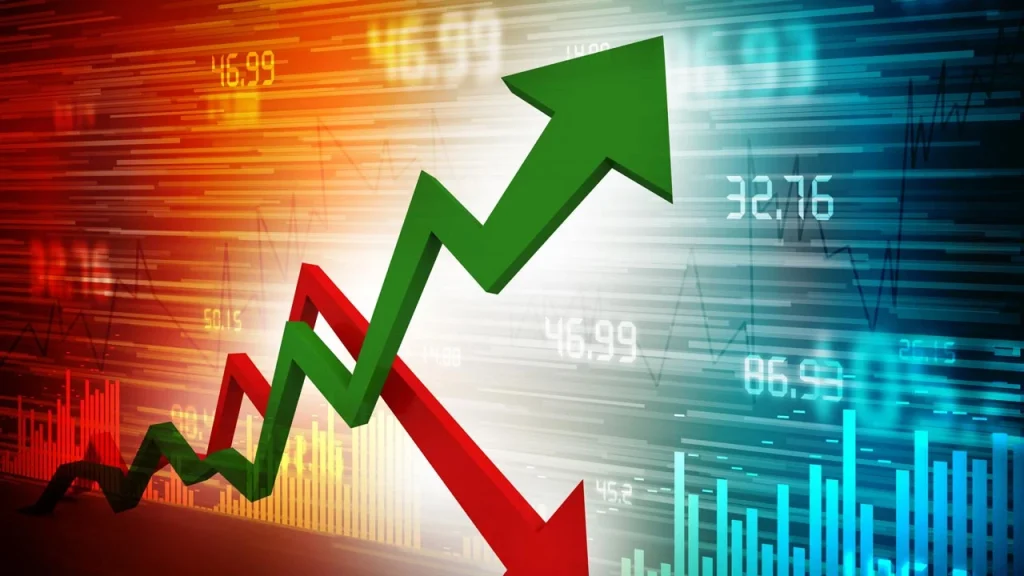Global markets in June reflected a mix of caution and quiet shifts. While central banks paused rate hikes, inflation remains above target in many economies. Political events in Europe and Africa added fresh layers of uncertainty. For investors, the backdrop calls for a steady hand: strong diversification, FX-aware positioning, and a preference for quality yield.
This month’s report covers macro trends shaping global capital markets, regional signals from across Africa, and focused insights into Nigeria’s economic pulse.
Global Economic Overview
Key Developments
- The US Federal Reserve held interest rates steady at 5.25%–5.50%, but markets remain divided on when cuts will begin. Inflation cooled slightly to 3.3% YoY in May, with job growth still resilient.
- In the Eurozone, the European Central Bank cut rates by 25bps in June, the first major central bank to do so, citing improved inflation readings.
- China announced targeted stimulus to boost infrastructure and consumer demand. Factory activity improved marginally, with PMI at 50.2, but property sector stress persists.

Commodities
- Brent crude traded between $81–$84/barrel, supported by steady demand and OPEC+ supply constraints.
- Gold eased slightly to $2,290/oz, after peaking in May amid rate cut speculation.
- Copper and lithium remained stable as global demand for energy transition inputs continued.
Noteworthy Global Events
Political and Geopolitical Movements
- EU elections triggered political turbulence, especially in France, where early parliamentary elections were called. Investor sentiment wavered across European equities.
- US tech stocks rebounded sharply, led by continued AI momentum and Apple’s entry into the GenAI race. Nvidia and Microsoft hit record highs.
- Tensions in the Red Sea persisted, disrupting some shipping lanes and raising insurance costs — impacting East African trade routes indirectly.

Local Economic Insights
Africa
- South Africa’s national elections led to a coalition government for the first time in 30 years. While it introduces short-term uncertainty, markets are watching for reform signals.
- Kenya’s government successfully raised $1.5bn in Eurobonds in June, showing investor appetite for high-yield African sovereign debt despite fiscal risks.
- Egypt’s central bank kept rates unchanged, but the EGP remains under pressure. Foreign investment in the Suez Canal Zone is picking up.
Nigeria
- Headline inflation rose to 34% YoY in May, mainly from food and transport costs. The naira weakened to over ₦1,500/$ on the official market, driven by FX backlog issues and thin liquidity.
- The CBN maintained MPR at 26.25%, signalling continued focus on inflation control, but real returns remain negative.
- The Federal Government’s renewed push for oil production is slow to yield results, with June output at just under 1.3 million bpd, below OPEC quota.
Investment Opportunities in African Markets
- Hard-currency private debt funds remain attractive, especially those offering access to diversified African infrastructure or trade finance.
- Naira devaluation makes USD-denominated real assets in Nigeria more appealing to dollar holders. Consider exposure to USD real estate or export-focused businesses.
- Private equity secondaries are seeing discounts in Kenya, Nigeria, and Ghana — an opportunity for long-term investors.
- Short-duration dollar notes from African DFIs or supranationals offer 7–10% yields with relatively low credit risk.

Closing Thoughts
June confirmed what many investors already suspected — we’re not out of the woods, but we’re not in a crisis either. In times like these, capital preservation matters just as much as upside. We’re seeing renewed interest in dollar strategies, private market access, and regionally diversified vehicles.
Volition Cap remains focused on building long-term African wealth, especially through institutional-grade access to alternatives.
Talk to us about repositioning your portfolio for resilience and growth.
Sources:



